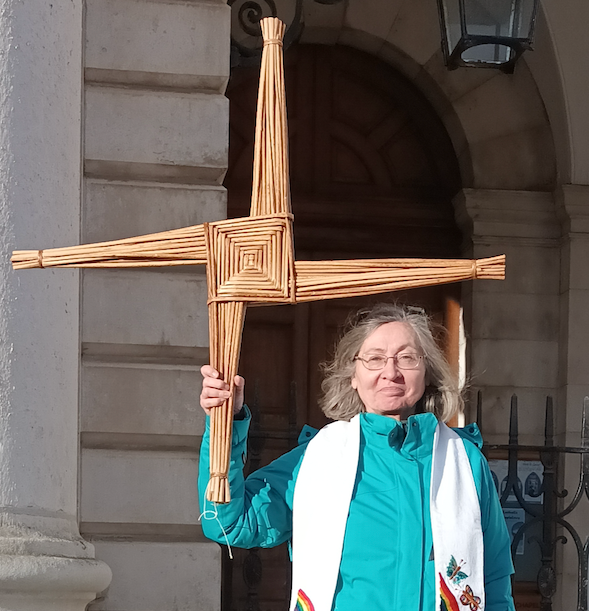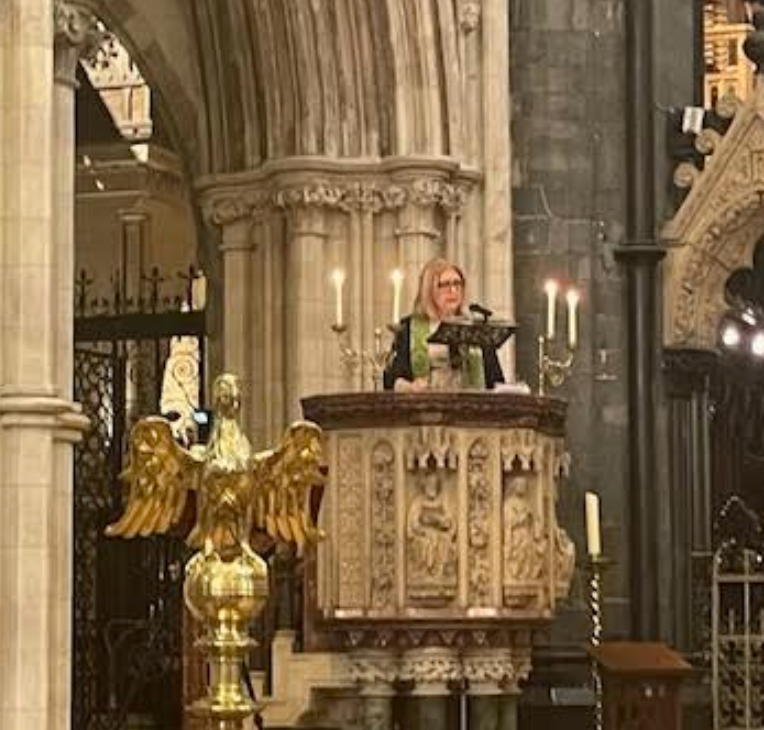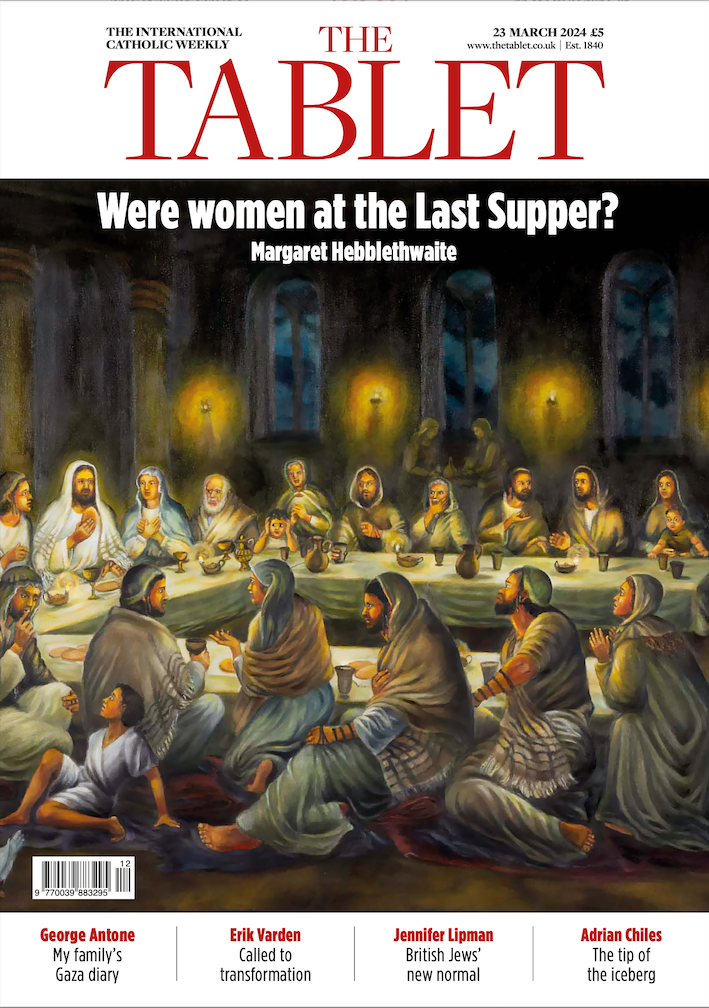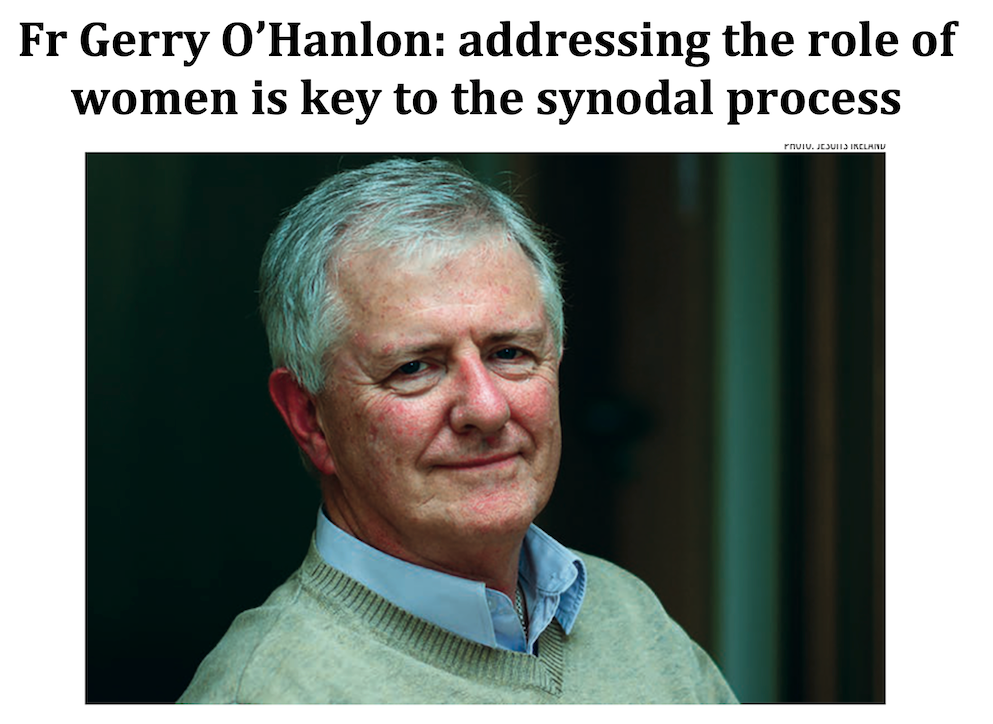Mary McAleese Postscript to the Synod
Not this century it seems!
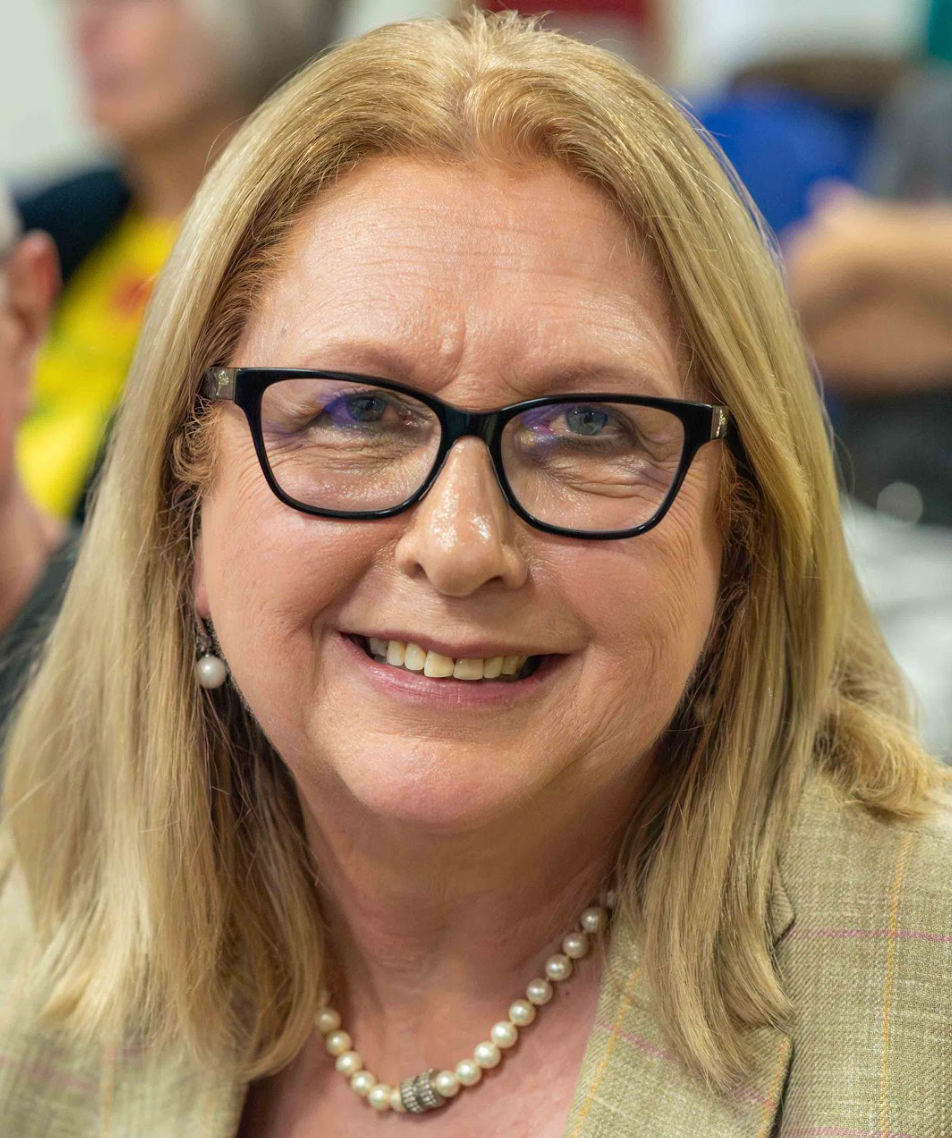
POSTSCRIPT
Not this century it seems!
The publication of the report from the 2023 Synod on Synodality was accompanied by the unmistakable sound of multiple cans being kicked down road and sighs of weary disappointment from the People of God who had hoped against hope that this was at last a forum that might take their collective and consensual views seriously. Not a chance. The balance of power within the Synod always lay with the bishops. The laity, including women were there in small numbers to make up the numbers and create an illusory pop-up-shop of going-nowhere circular dialogue. The well-sharpened scalpel of magisterially acceptable synthesis was taken to the editing process and in a “here is one we made earlier” moment, a magisterially-correct report rapidly appeared that could have been written by a junior curial official in twenty minutes two years ago before the whole Francis smoke and mirrors synodal circus started. Hence the total disappearance of the issue of LGBTIQ inclusion (game-set and match to the African bishops) and the reduction to bare minimalism of the “urgent” need for greater inclusion of women in decision making (game, set and match to Pope Francis). The latter had conveniently taken the issue of female ordination off the agenda in advance of the Synod (along with blessings for same-sex marriages) where everything was supposed to be on the agenda but obviously wasn’t. Ther Synod offered not a single idea of how to meaningfully include women except to tentatively suggest the two unpublished papal commissioned reports on women and deaconate be made available for the 2024 Synod. To say we cannot wait would be to stretch the truth into the stratosphere of the underwhelming.
The best contribution throughout the month came from Cardinal Schonborn who pointed out the obvious towards the end of the Synod, that the Pope alone has complete freedom to make the changes to the canon law, language, and teaching that People of God painstakingly expressed their views on during the two- year Synodal “listening” journey. Will he though? That is still the big roaring question to which the Synod 2023 report gave the tiniest squeak of an incoherent answer. It was never going to be enough to turn back the tide of distrust, discontent and now escalating doubt that the Latin Catholic Church is capable of being a Christ-centred egalitarian witness to the power of love in the world. As Christ’s homeland is pummelled by the politics of hate, his voice never more needed has never seemed more subdued, more silenced than in the Latin Catholic Church.
In the week that the Synod ended and its report was published, Irish television broadcast a programme on long-silenced Redemptorist priest Fr. Tony Flannery. Every single thing that provoked the Congregation for the Doctrine of the Faith to revoke his priestly authority appeared among the firm views of the People of God in the syntheses that went from virtually every diocese to Rome. Tony’s views, while at odds with the magisterium, were revealed by the Synoidal process, to be in total agreement with the mainstream views of most Catholic Christians. Yet he still languishes in very painful exclusion and has come to the conclusion that despite brave unsuccessful efforts by himself and others to appeal his situation to a tone deaf, anti-due process institution (including the Pope), he would be a lot more spiritually content with a life in Christ lived entirely outside the Catholic Church. Dealing with its hypocrisies, its pettiness, its abuses, its oppressive unchristian bureaucracy, is just too wearying, too wasteful after all.
After Rome 2023, with nothing to look forward to from Rome 2024 and even less beyond that, a lot of the faithful who had been hanging on in dwindling hope of meaningful reform leading to equality and respect for the human rights of Church members, will likely agree with him. Some say why bother? Some say don’t give up. Some say to give up on the Church is not to give up on Christ. Some say to give up on the Church as a mature long-standing member is in fact to encounter Christ anew, in energising freedom for the first time.
